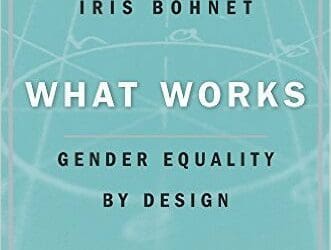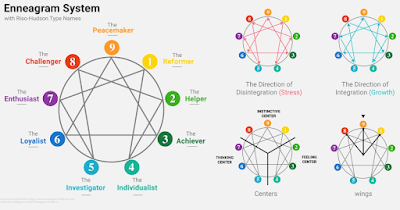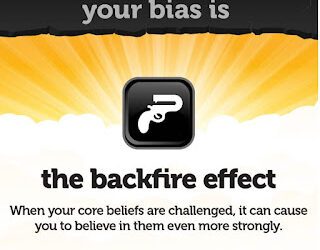
12 Rules for Life: An Antidote to Chaos by Jordan B. Peterson
My rating: 5 of 5 stars
Jordan Peterson came to fame rather suddenly a few years ago because of a political controversy, but he’s more than just a pop-sensation. He’s a legitimate clinical psychologist who understands human beings better than the typical therapist. The book was helpful for me in understanding humans, including my own kids. It was filled with good recommendations for personal well-being, parenting, marriage, and other areas of life.
The book itself is written in Peterson’s trademark manner. It’s direct and to the point, but also sensitive and thoughtful. At times, it is a little bit of an over-the-top brain dump of seemingly unorganized thoughts, which is ironic since the subtitle is “An Antidote to Chaos.” Despite this, I was still able to follow along by listening to it on Audible at an increased speed.
Content aside, the book was simply enjoyable to listen to. Peterson is a great storyteller and he can effectively weave together many trains of thought into one. I was interested in what was being said at every moment of the book and thought about re-reading it immediately after I finished it.
The content of the book was also informative and interesting. I think many of my Christian friends might not appreciate Peterson’s continual mentioning of evolution, but I don’t think it hurts the case he makes in his book. When he says millions of years of evolution have shaped people to behave a certain way, the same conclusion, and perhaps even a more powerful one will be reached by assuming humans have been designed by God to behave a certain way. Similarly, he often understands the Bible or other religious texts metaphorically, which might cause some people to be dismissive, but this is unnecessary. A true historical event, especially one orchestrated by God, can also be true in a metaphorical sense, so there isn’t really any conflict to be had.
The conclusions and recommendations by Peterson all seem to be supported by psychological science. Even though psychology is my field of study, I’m not necessarily an expert on all that is in the book. I did not find myself disagreeing with any of the main points of the book based on scientific evidence. Where Peterson might get into trouble, at least with some people, is his willingness to draw conclusions beyond the science. Personally, I appreciated this because he shows a deep and rigorous philosophical thought. Scientists, at least psychologists, are often unwilling to delve into philosophy for fear of drawing conclusions that are not empirical, but by doing so, they handicap themselves. Peterson’s willingness to do this, and do it well, was a breath of fresh air.
As for the personal growth aspect of this book, I think it could be very helpful for some people. I think most people will think the book is enjoyable to read even if they don’t get huge personal benefits from reading it. For some, however, I think this book could be life-changing for them, or at least, it could be very helpful in their lives. I would only recommend that people who want to read to book for personal growth, actually read the book instead of listening to it. If they do listen to it, don’t speed it up extremely fast and pause it to reflect often, maybe at the end of each chapter. I blew through this book very quickly on audio, and it was helpful, but it would have been even more so if I stopped to reflect and understand things better. This is why I said I thought about listening a second time, which I am still considering.
Overall, I really enjoyed this book and would recommend it to everyone. I think there’s something in there for everyone. Even though the book is not Christian or religious, it fits with a Christian worldview and a non-Christian worldview.



